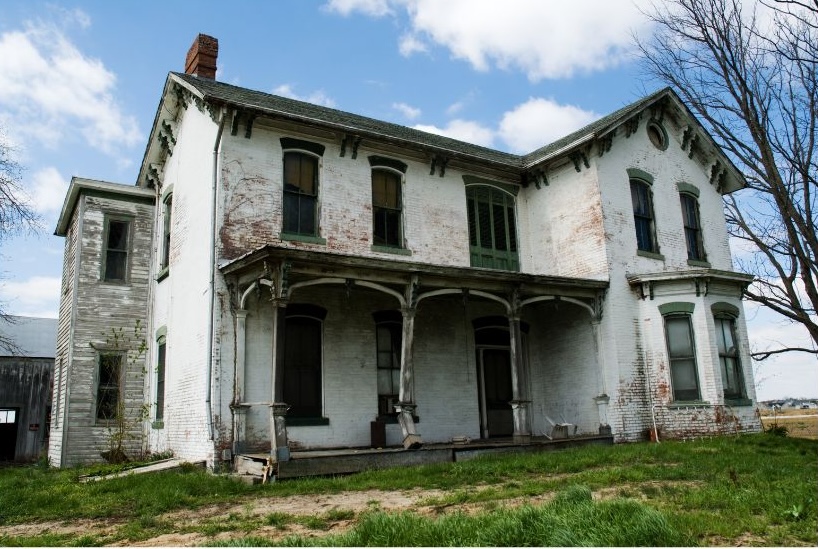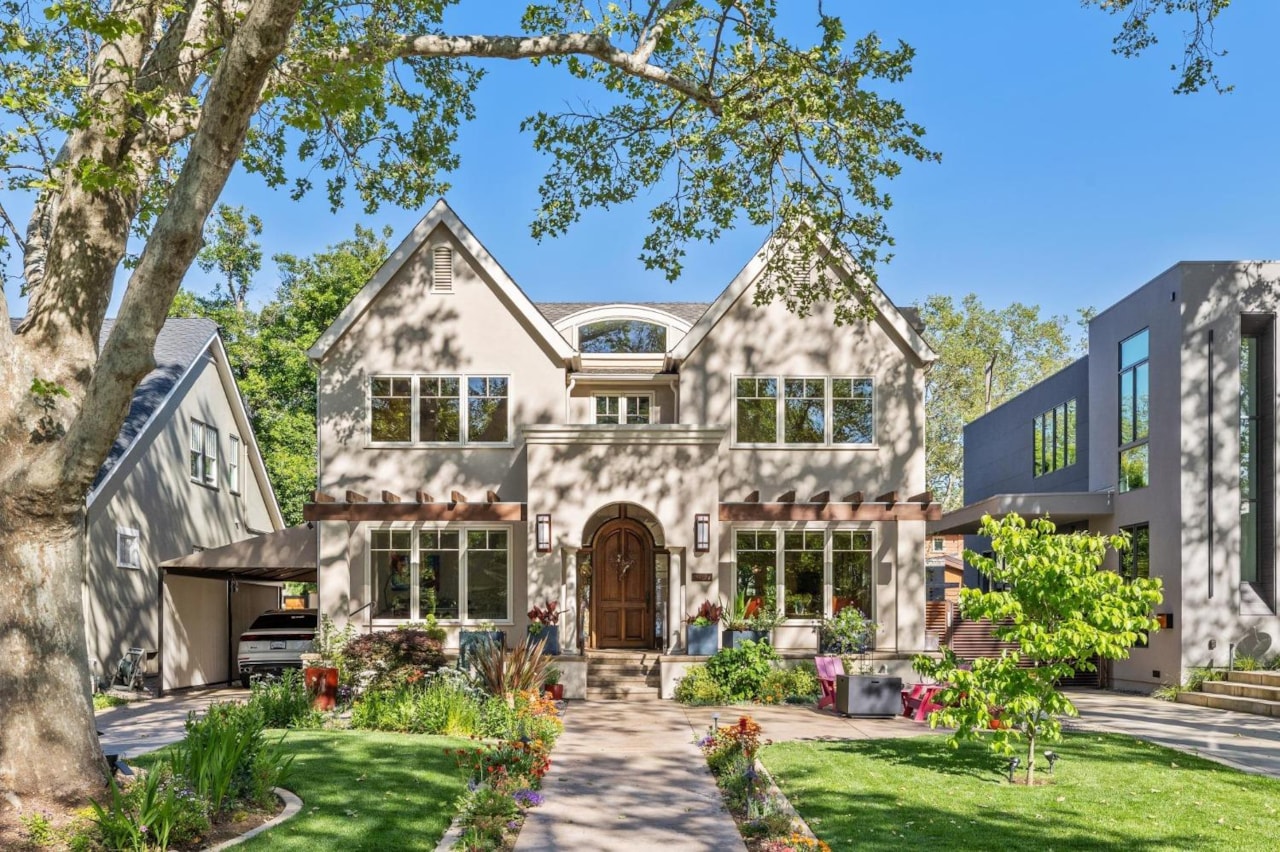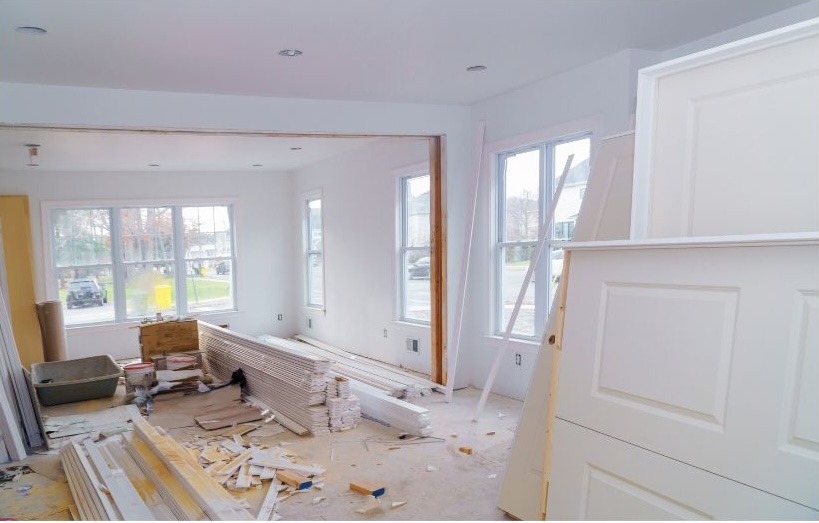The idea of buying a fixer-upper home can be both exciting and daunting. These properties, often in need of significant repairs and renovations, offer unique opportunities and challenges for prospective homeowners.
In this blog, we’ll explore the pros and cons of buying a fixer-upper home, helping you make an informed decision about whether this path is right for you.
Fixer-upper homes are properties that require some level of renovation or repair before they become habitable or reach their full potential. With the rising costs of real estate, more buyers are considering fixer-uppers as a viable option. However, it’s crucial to weigh the benefits and drawbacks carefully before diving into such a purchase.
Pros of Buying a Fixer-Upper Home
Affordability
One of the most significant advantages of purchasing a fixer-upper is the lower initial cost. These homes are typically priced below market value, making them more accessible for buyers on a budget. This affordability can make it easier to enter the housing market, especially for first-time buyers. Lower purchase prices also mean lower mortgage payments, which can be particularly appealing in areas where housing costs are high.
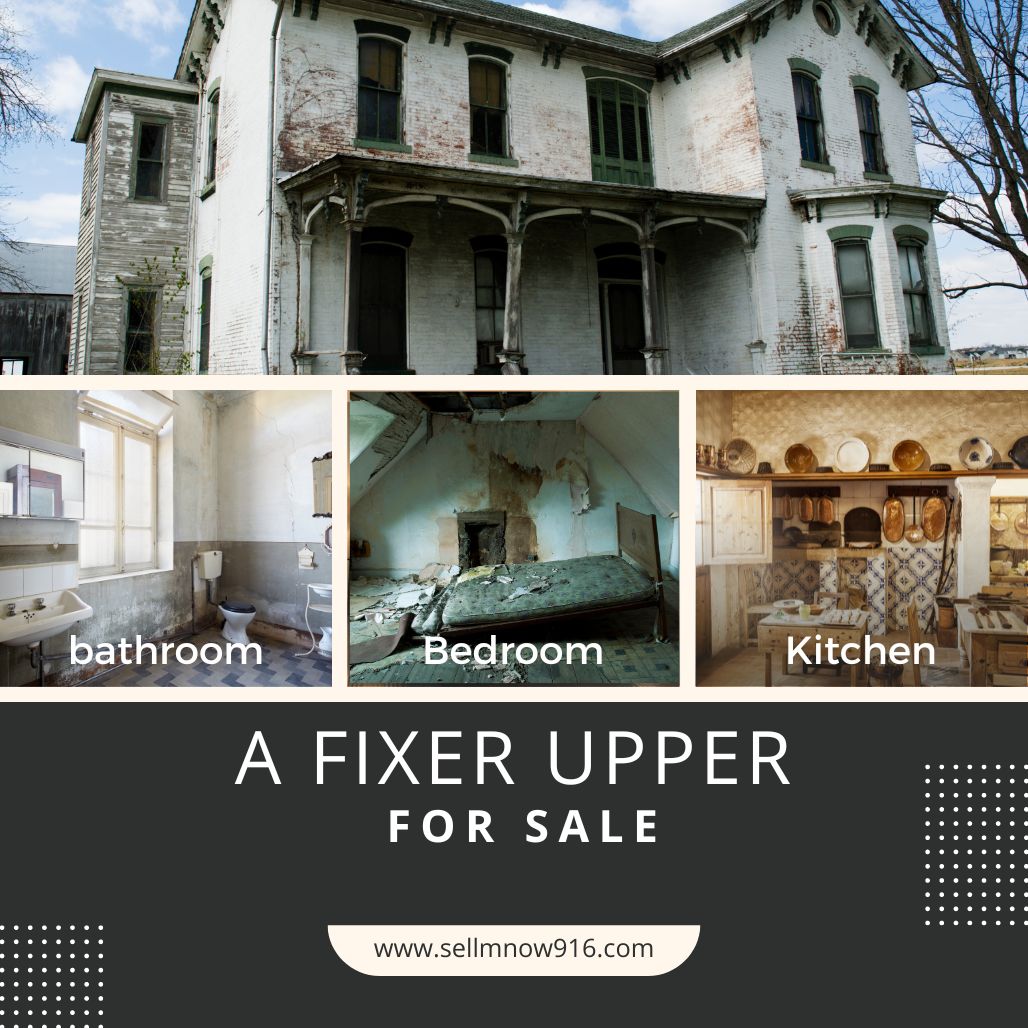
Customization
Fixer-upper homes offer the opportunity for personalization and customization according to your tastes and needs. You have the freedom to choose materials, colors, and designs that reflect your style. This level of control allows you to create a home that truly feels like your own. Whether you dream of a modern kitchen, a luxurious bathroom, or a cozy living space, renovating a fixer-upper enables you to bring your vision to life.
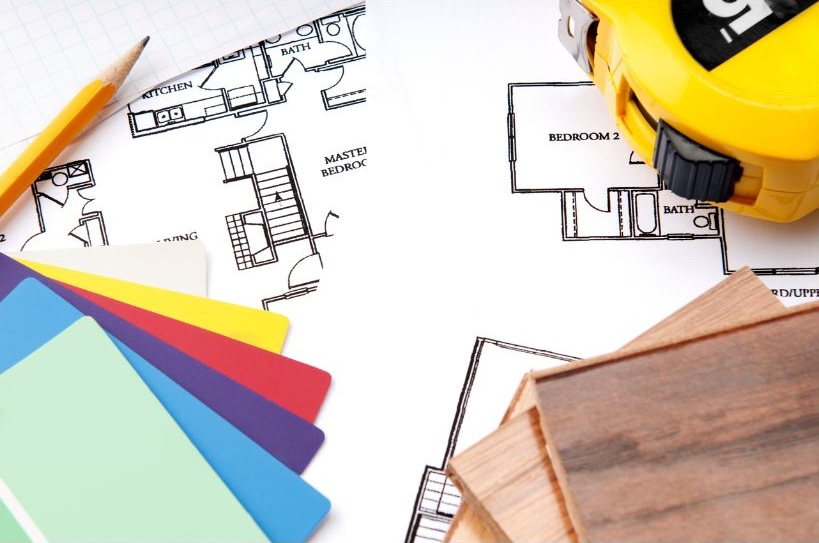
Potential for Value Appreciation
Renovating a fixer-upper can significantly increase its market value. By making strategic improvements, you can add equity to the property and potentially enjoy a higher return on investment when it’s time to sell. This potential for value appreciation makes fixer-uppers an attractive option for those willing to put in the effort. Enhancements such as updating electrical systems, plumbing, and adding energy-efficient features can make the home more appealing to future buyers.

Learning Experience
Taking on a fixer-upper can be a valuable learning experience. Throughout the renovation process, you’ll gain skills and knowledge about home improvement, project management, and budgeting. These skills can be beneficial for future projects or even a career in real estate or home renovation.
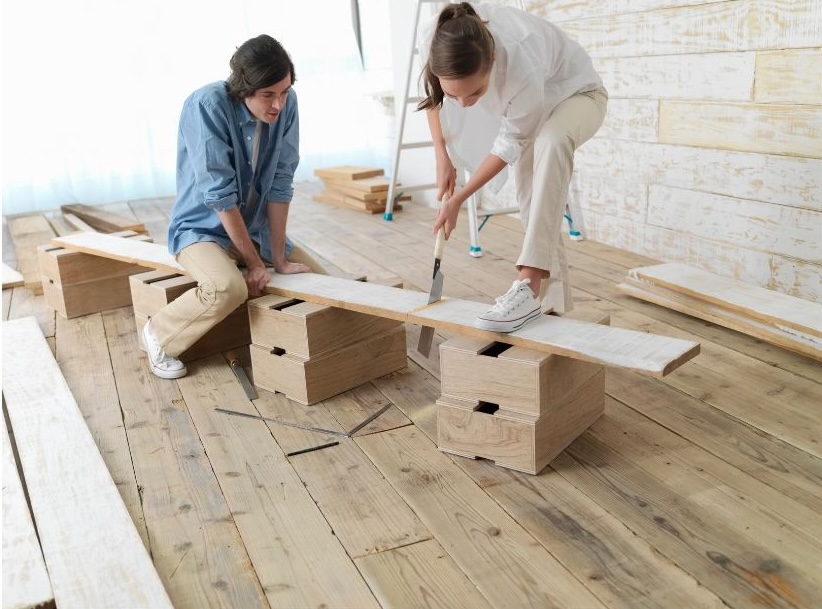
Sense of Accomplishment
Successfully renovating a fixer-upper home can provide a tremendous sense of accomplishment. Transforming a neglected property into a beautiful, functional space that meets your needs and tastes is incredibly rewarding. The pride that comes from seeing your hard work materialize into a finished product is unmatched.

Cons of Buying a Fixer-Upper Home
Initial Cost of Renovations
While the purchase price of a fixer-upper may be lower, the cost of renovations can add up quickly. Depending on the extent of the work needed, you may face substantial expenses that surpass your initial budget. It’s essential to factor in these costs when considering a fixer-upper. Renovations can include everything from structural repairs to cosmetic updates, and costs can escalate if unexpected issues arise.

Time and Effort
Renovating a home requires a significant commitment of time and effort. From planning and design to overseeing contractors and managing the renovation process, buying a fixer-upper is not for the faint-hearted. The time required can be particularly challenging if you have a full-time job or other commitments. It’s important to realistically assess whether you have the time and energy to dedicate to a renovation project.
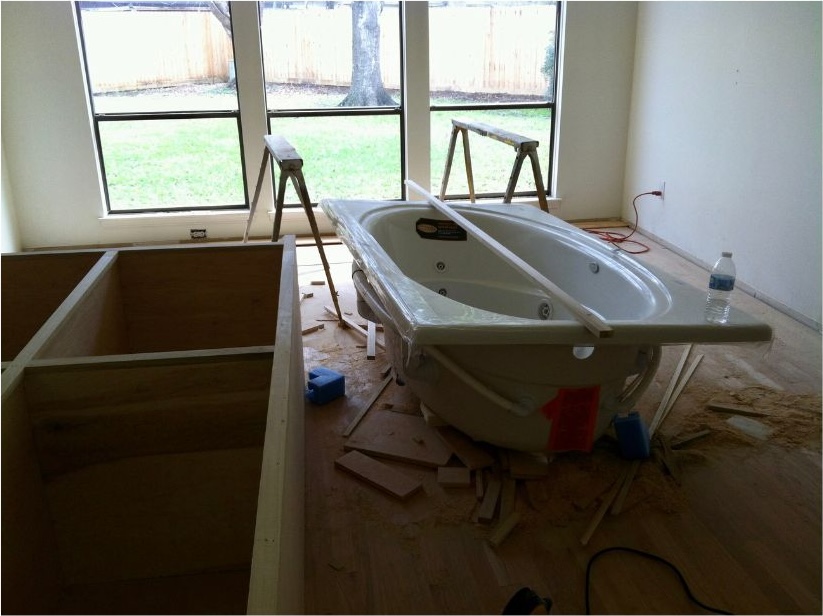
Uncertainty of Costs
One of the biggest risks of buying a fixer-upper is the uncertainty of renovation costs. Hidden issues such as structural damage, outdated electrical systems, or plumbing problems can arise during the renovation process, leading to unexpected expenses. These surprises can strain your budget and timeline. Even with thorough inspections, it’s difficult to predict all potential problems, making cost management a challenge.
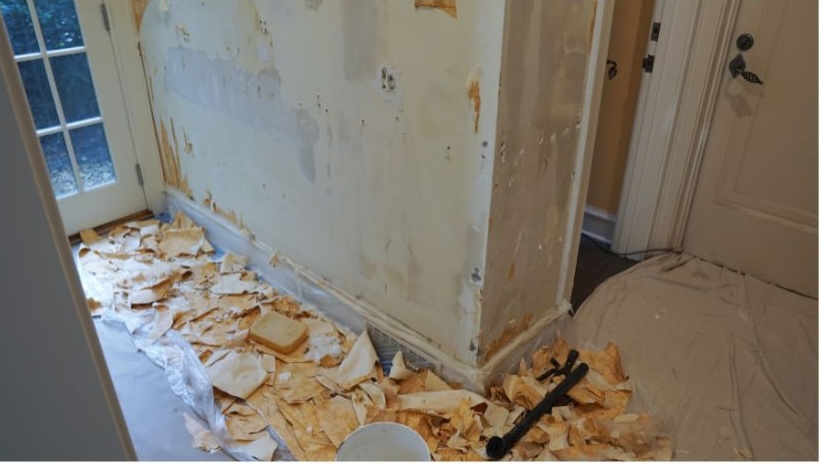
Stress and Disruption
Renovating a home can be a stressful and disruptive process. Living in a construction zone, dealing with contractors, and managing project timelines can take a toll on your mental and emotional well-being. The noise, dust, and constant presence of workers can be overwhelming, especially if the renovation takes longer than expected.

Potential for Overcapitalization
Overcapitalization occurs when the cost of renovations exceeds the value added to the property. This risk is particularly high if you undertake extensive and expensive upgrades that do not align with the neighborhood’s market value. It’s crucial to research comparable properties and ensure your renovation plans are financially viable.

Considerations Before Buying
Assessment of Skills and Resources
Before purchasing a fixer-upper, realistically assess your DIY skills and available time for renovations. If you’re handy and enjoy tackling projects, you might save money by doing some work yourself. However, if you lack the skills or time, hiring professionals will be necessary, adding to your costs. Consider taking on smaller projects initially to gauge your capabilities before committing to a larger renovation.

Inspection and Evaluation
A thorough inspection is crucial when considering a fixer-upper. Hire a qualified home inspector to identify potential structural, electrical, or plumbing issues. Understanding the extent of the necessary repairs will help you make an informed decision and avoid costly surprises. Additionally, consider obtaining estimates from contractors for the work required to better understand the total investment needed.
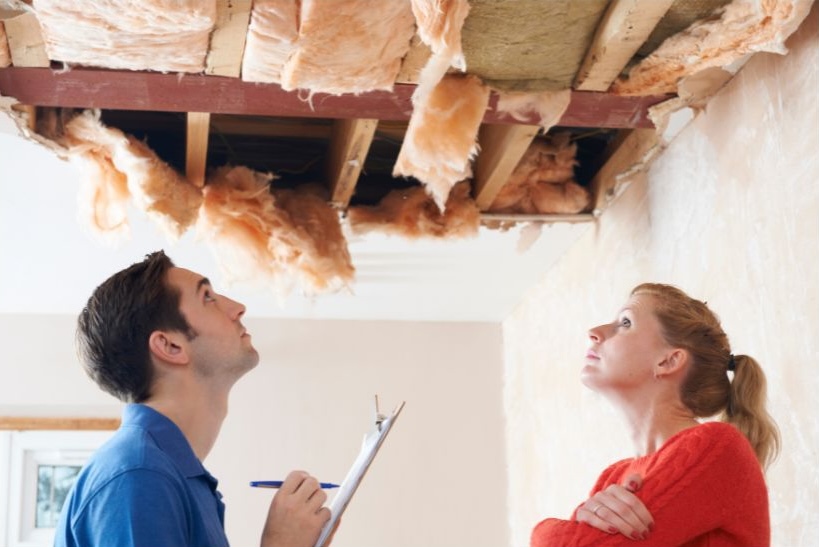
Financial Planning
Establish a realistic budget for your renovation project and set aside a contingency fund for unexpected costs. Careful financial planning ensures that you can cover both the purchase price and renovation expenses without overextending yourself. Consider consulting a financial advisor to help you create a sound budget. Ensure you have access to financing options, whether through savings, loans, or home equity lines of credit, to support your renovation efforts.

Research and Permits
Research local building codes and permit requirements before starting any renovation work. Obtaining the necessary permits ensures your project complies with regulations and can prevent legal issues down the line. Permits also provide a level of oversight, ensuring that the work meets safety and quality standards.
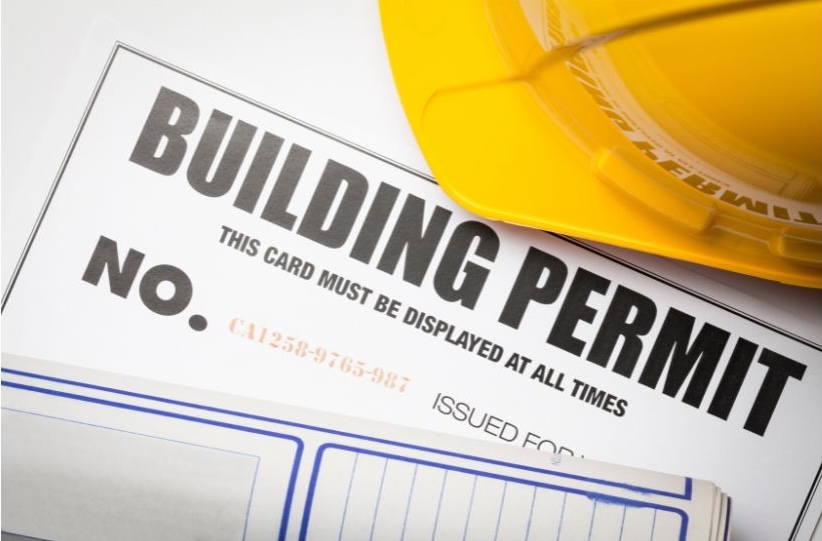
Market Analysis
Conduct a market analysis to understand the potential resale value of the renovated home. Compare similar properties in the area to determine if the investment in a fixer-upper will yield a worthwhile return. This analysis can help you make informed decisions about the extent of renovations and the features to prioritize.

Tips for Successful Renovation Projects
Create a Detailed Plan
A well-thought-out renovation plan is essential for success. Outline the scope of work, timeline, and budget before starting any renovations. Having a clear plan helps you stay organized and on track, minimizing the risk of delays and cost overruns. Break down the project into manageable phases and set realistic deadlines for each stage.

Prioritize Essential Repairs
Focus on critical repairs and structural improvements before tackling cosmetic upgrades. Addressing issues like roofing, plumbing, and electrical systems ensures the home is safe and functional. Once the essentials are taken care of, you can move on to aesthetic enhancements. Prioritizing essential repairs also prevents further damage and additional costs down the line.
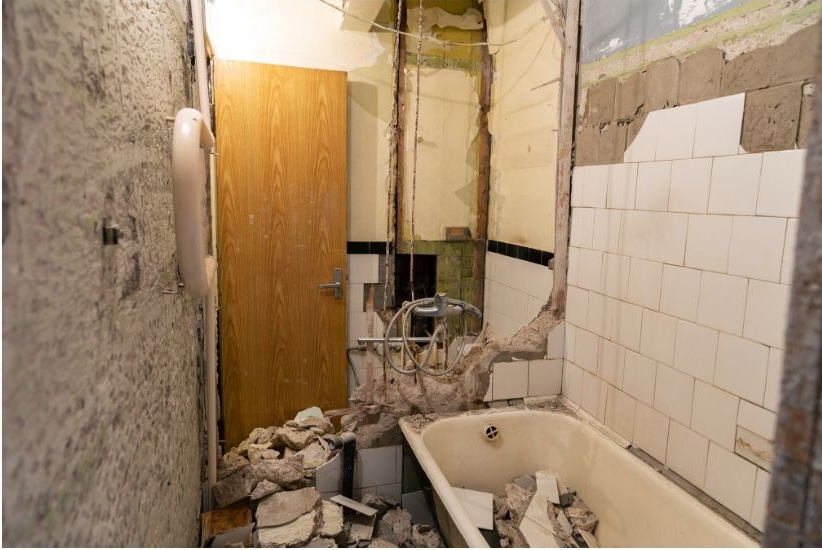
Consider Energy Efficiency
Incorporating energy-efficient upgrades during renovations can reduce long-term utility costs and increase the home’s value. Consider installing energy-efficient windows, insulation, and appliances to create a more sustainable and cost-effective living space. Energy-efficient homes are also more attractive to buyers, should you decide to sell in the future.

Hire Reliable Contractors
If you’re not doing all the work yourself, hiring reliable and experienced contractors is crucial. Seek recommendations, check references, and review previous work to ensure you choose the right professionals for the job. Clear communication and a detailed contract outlining the scope of work, timeline, and payment terms are essential to avoid misunderstandings.

Stay Flexible
Even with a detailed plan, unexpected challenges can arise during renovations. Stay flexible and be prepared to adjust your plans as needed. Having a contingency fund and a positive attitude can help you navigate unforeseen issues without derailing your project.
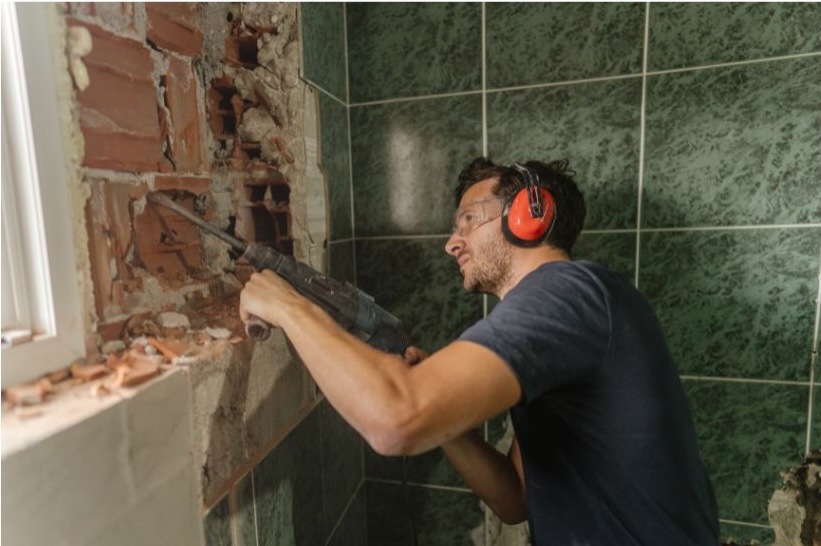
DIY vs. Professional Work
Determine which tasks you can handle yourself and which require professional expertise. While DIY projects can save money, certain tasks, such as electrical work or structural repairs, are best left to professionals. Balancing DIY efforts with professional help ensures the quality and safety of the renovation.
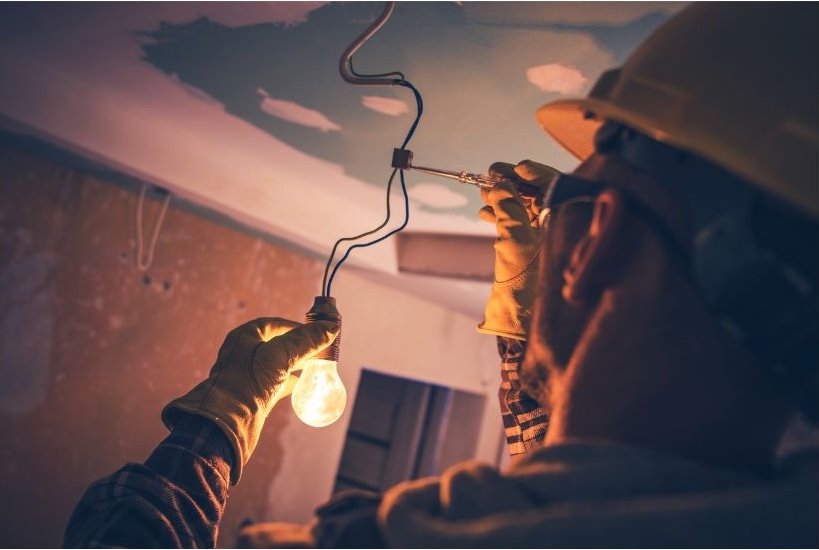
Final Considerations
Long-Term Vision
Envision the potential of the property and consider its long-term suitability for your needs. Think about your future plans and whether the home can accommodate them. A fixer-upper with good bones and a solid location can be a rewarding investment if it aligns with your long-term goals. Consider factors such as the size of the home, its proximity to amenities, and the potential for future expansions or modifications.
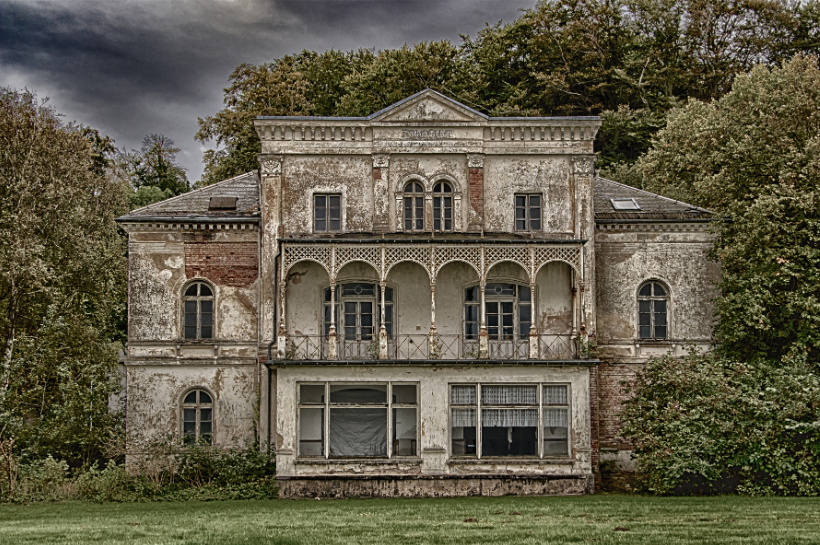
Seek Professional Advice
Consulting with real estate agents, contractors, and financial advisors can provide valuable guidance throughout the buying and renovation process. Their expertise can help you make informed decisions, avoid common pitfalls, and ensure your renovation project stays on track. Professionals can also provide insights into market trends and property values, helping you make strategic renovation choices.

Emotional Preparedness
Renovating a fixer-upper can be an emotional rollercoaster. Prepare yourself for the highs and lows of the process, from the excitement of progress to the frustration of setbacks. Maintaining a positive mindset and celebrating small victories along the way can help you stay motivated.

Community and Neighborhood
Consider the community and neighborhood where the fixer-upper is located. A supportive community and a desirable neighborhood can enhance your overall living experience and contribute to the property’s long-term value. Research local schools, amenities, and future development plans to ensure the area meets your lifestyle needs.
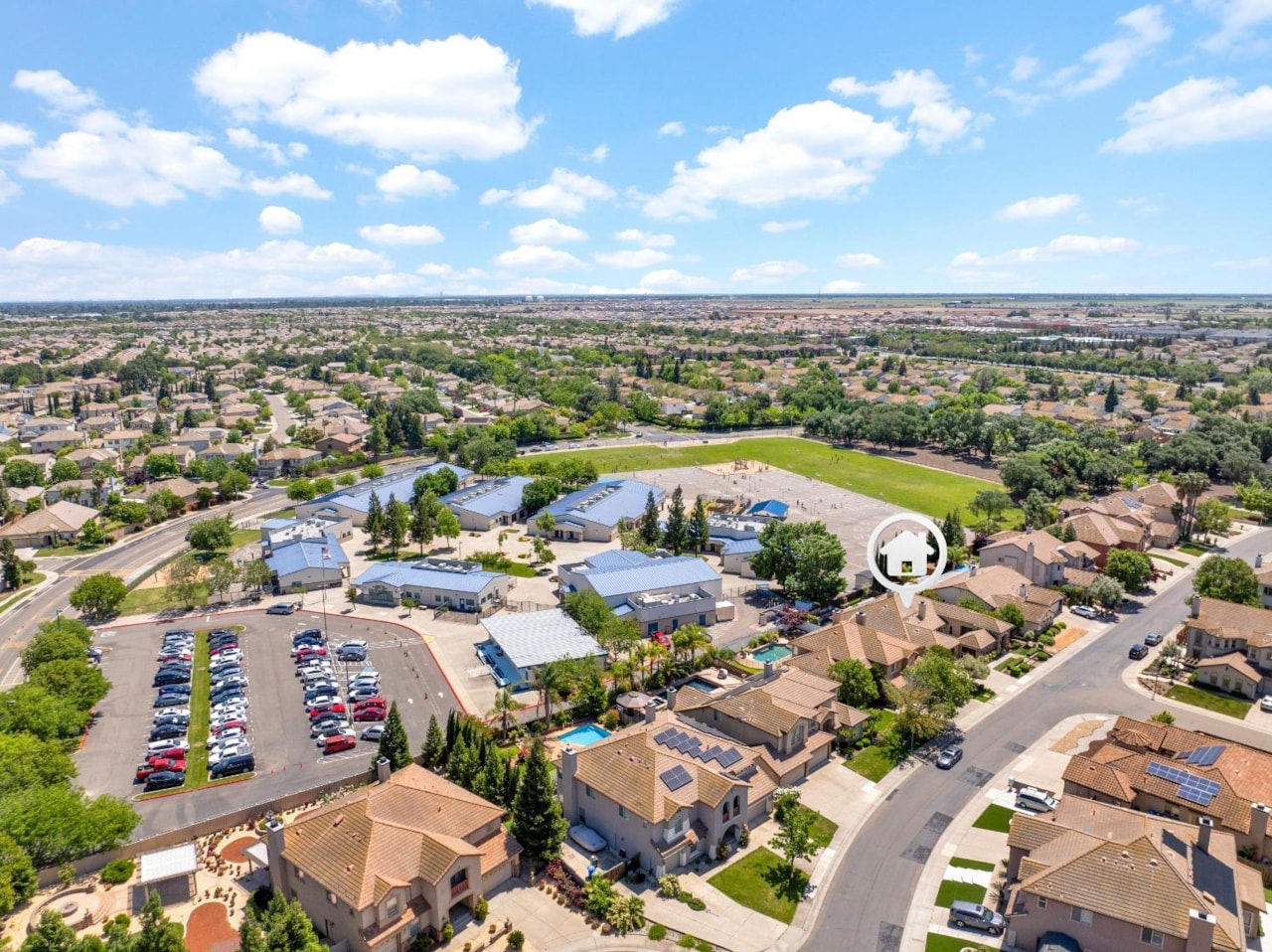
Exit Strategy
Have an exit strategy in place in case the renovation project doesn’t go as planned. Whether it’s selling the property, renting it out, or refinancing, having a backup plan can provide peace of mind and financial security.

Final Thoughts
Buying a fixer-upper home offers both exciting opportunities and significant challenges. By carefully weighing the pros and cons, you can determine if this path aligns with your goals, skills, and resources. The potential rewards of transforming a fixer-upper into your dream home are substantial, but success requires thorough planning, realistic budgeting, and a willingness to tackle unforeseen issues.
If you’re considering purchasing a fixer-upper, seek additional resources or professional advice to guide you through the process. Feel free to contact us if you would like to discuss your options.


